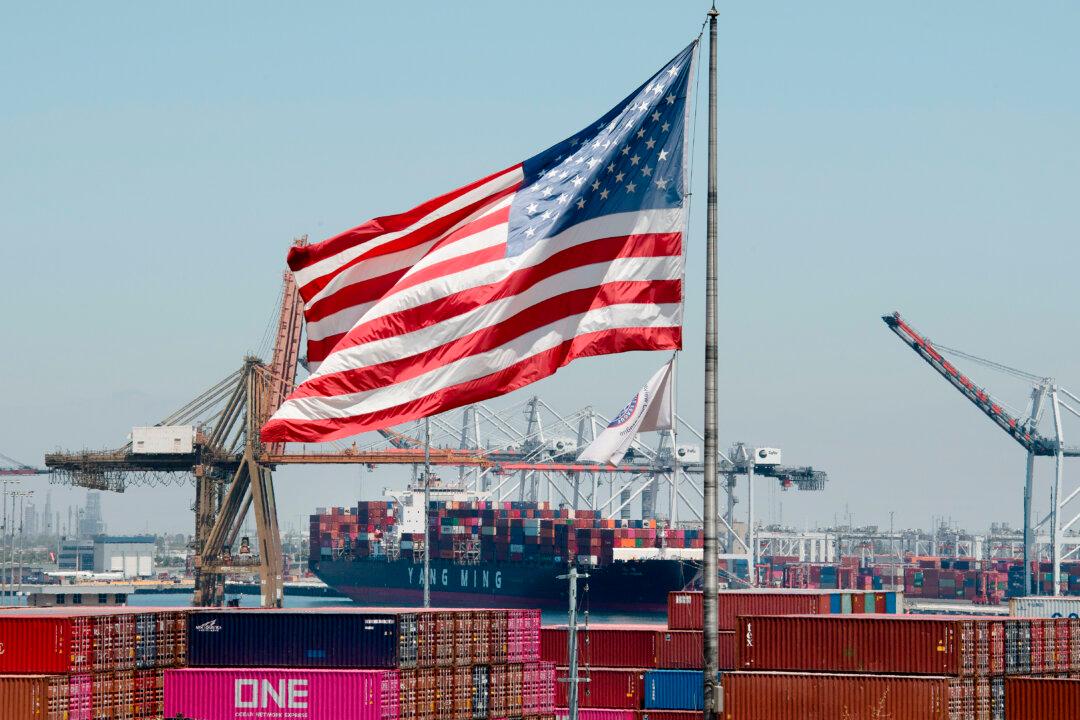As the trade war between the United States and communist China continues to unfold, many Chinese Americans—who often base their small businesses on imports from China—are weighing their options. Some expect to survive the price hikes, some will consider sourcing their goods elsewhere in Asia, and still others are pondering closing down.
Since entering office, President Donald Trump imposed a slew of so-called reciprocal trade measures on China that significantly hiked U.S. import prices. He raised tariffs on Chinese imports to 145 percent in April, while China retaliated with a 125 percent levy on American goods, effectively raising a trade embargo. Within weeks, both countries agreed to a 90-day truce, though Trump still left in place a baseline 30 percent tariff.





